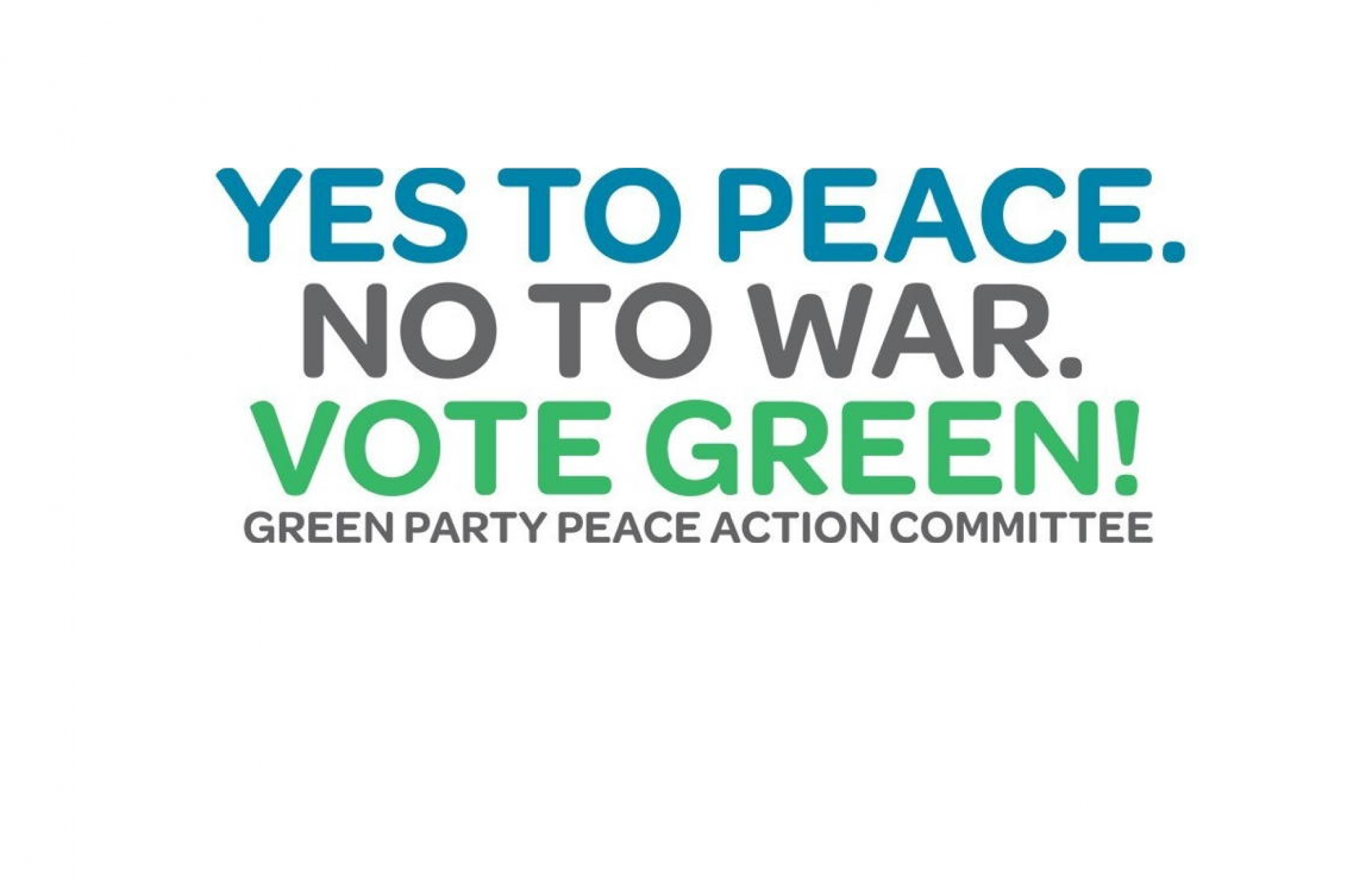via GPAX Facebook Dec. 1, 2017
I love teaching. And when I teach peace, I enjoy the pushback from some passionate students, one of whom posted yesterday that he really thought peace was impossible and that we need to listen to those, like Ward Churchill, who advocate violent uprising. I riposted (with gratitude to the great researchers like Erica Chenoweth):
Yeah, Churchill is a true poseur, and an inadequate analyst. The only thing less effective than violent insurgency is terrorism, at least by all the available and robust research. The notion of strategic nonviolence has little to do with pacifism and everything to do with choosing disciplined people power to obtain desired changes in policies all the way up to and including regime change.
For the research summation in a TED talk:
For the peer-reviewed research: https://www.belfercenter.org/…/IS3301_pp007-044_Stephan_Che…
For the data set: https://www.du.edu/korb…/sie/research/chenow_navco_data.html
For the updated data set (I was one of the research professors helping code on this part of it): https://www.du.edu/…/…/documents/data/navco_2-0_codebook.pdf
The testosterone-poisoned romantic addiction to violence is exactly what gives us destructive, environmentally disastrous bloody wasteful conflict. Churchill called the 9.11.01 terrorists “gallant combat warriors.” His poor thinking has been a seriously destructive factor in limiting, if not rendering essentially ineffective, the anti-predatory globalization campaigns of the 1990s. Jacking up the resistance and provoking it to violence is exactly what the state wants. Violent insurgency wins 26 percent of the time; nonviolent insurgency wins 53 percent of the time. In other words, in the toughest struggles of all–regime change–nonviolent resistance is twice as effective, wins twice as often, and has far far far lower costs in blood, environmental impacts, and treasure.
